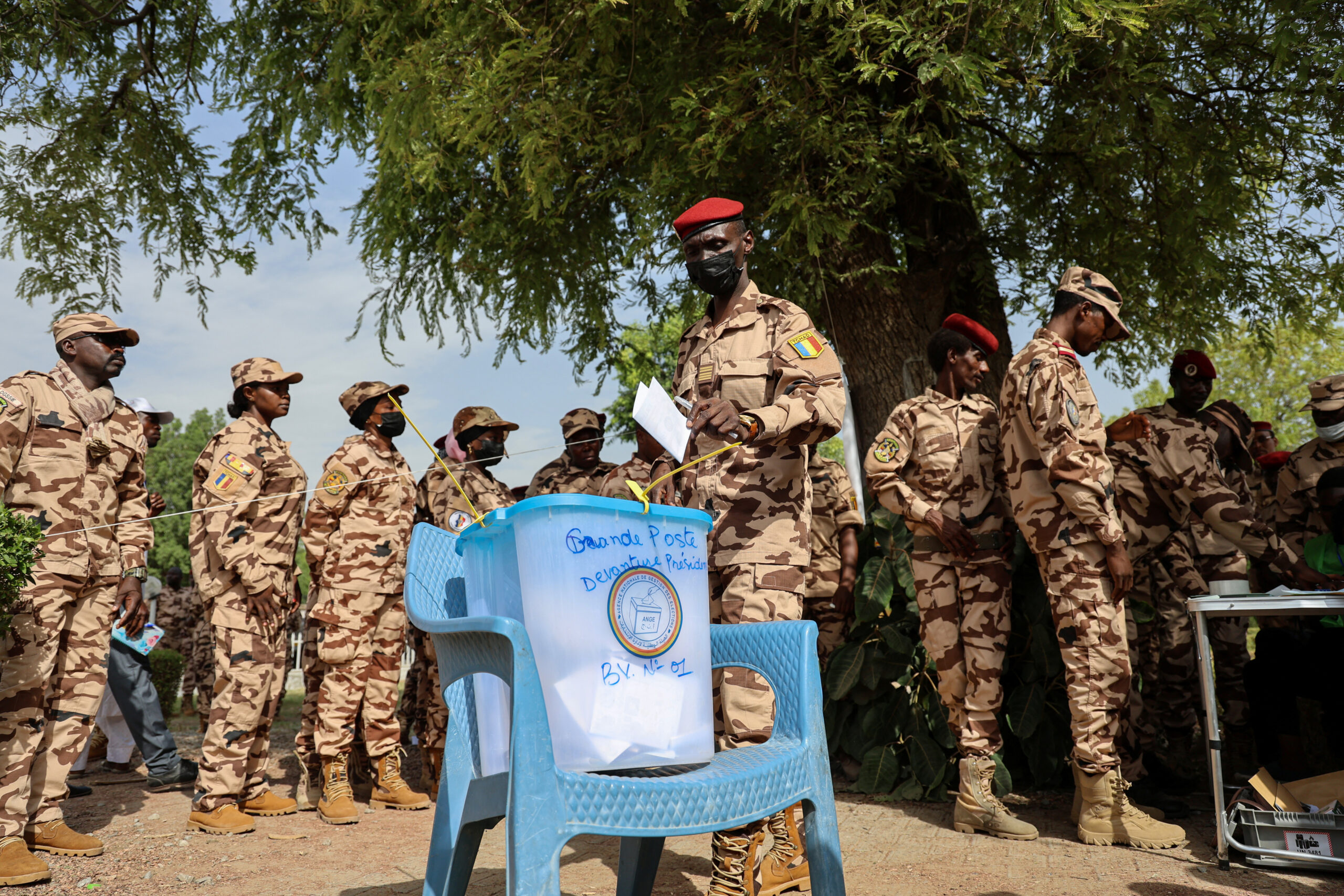Mali, Niger, and Burkina Faso have announced the introduction of a shared biometric passport, a significant milestone in their efforts to strengthen regional unity after withdrawing from ECOWAS. Mali’s military leader, Colonel Assimi Goita, stated that the common passport would enhance the free movement of people across the three countries, which are bound by a common struggle against jihadist violence and a shared distrust of Western influence.
The three nations are also planning to launch a shared information platform to foster coordinated communication across their borders. This development highlights their commitment to working together in the aftermath of their exit from ECOWAS, which they criticized as being overly influenced by pro-Western powers.
The announcement aligns with the first anniversary of the Alliance of Sahel States (AES), a partnership forged to promote sovereignty and collective security. In their efforts to distance themselves from traditional Western allies, the three military-led governments have increasingly sought closer ties with Russia, with Russian mercenaries now supporting local military operations against insurgent groups in the region.
This alliance underscores the growing geopolitical realignment within West Africa as these nations navigate the challenges of insurgency and international diplomacy.






